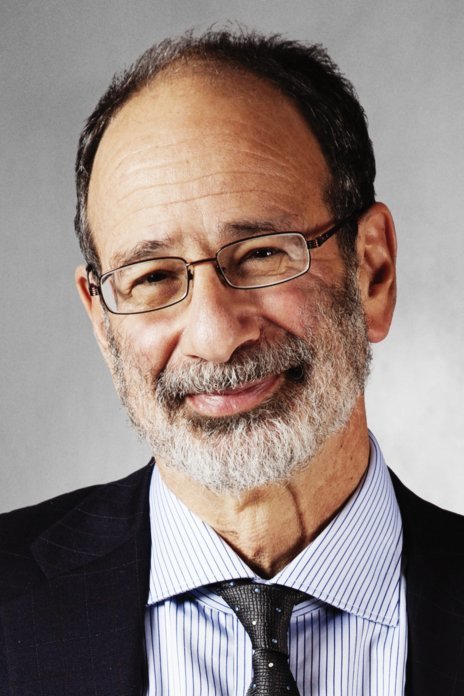At the beginning of 2021, National Business Daily (NBD) invited six Nobel Prize winners to share their insights on global economic outlook, scientific innovation, and scientific spirit.
One of them is Professor Alvin E. Roth who shared the Nobel Prize in Economic Sciences 2012 for "the theory of stable allocations and the practice of market design."
In the interview with NBD, Professor Roth said that before the vaccine is widely popularized, we will need to develop widely accepted means of allocating scarce, life-savings goods and adjust the economy at large to the restrictions that a pandemic imposes.

Alvin E. Roth Photo/Nobel Prize official website
Diversification of sources, the key to solving supply chain difficulties
The impact of the COVID-19 is everywhere, hindering the global commodity flow, interrupting the production of key product parts, affecting the foreign import and export, and more importantly, blocking of the global supply chain.
To solve these possible supply chain difficulties, Professor Roth thinks that we need to take a new method of coordination and distribution to tide over the difficulties together.
"We have certainly experienced problems with supply chains during the COVID-19 outbreak. But I don’t think the problem is that the supply chains were global, so much as that they were very concentrated, and hence fragile," Professor Roth said.
In his view, the concentration of supply chain leads to a certain degree of vulnerability. He cited the fact that most masks in the U.S. at the beginning of the pandemic were sourced from Hubei Province, and became unavailable just as the need radically increased, because the pandemic was also being experienced in Wuhan.
Professor Roth believes that a more varied source of supply will likely make that supply chain more robust to future disruption.
Diversified supply, essential to prevent shortages
At the end of last year, the COVID-19 was still rampant in many countries around the world. What's worse, the mutated coronavirus is spreading rapidly in many parts of World.
Regarding to such a severe situation, Professor Roth said that if the pandemic continues, then there will continue to be shortages of some goods, likely different ones than were in short supply at the beginning of the pandemic.
"For example, as vaccines become available, they will initially be in short supply." Professor Roth explained that before the vaccine is widely popularized, we will need to develop widely accepted means of allocating scarce, life-savings goods and adjust the economy at large to the restrictions that a pandemic imposes.
"We already see the beginnings of this in increasing work from home for office workers, and increased home delivery of many goods that used to be available only in stores." Professor Roth remarked.


 川公网安备 51019002001991号
川公网安备 51019002001991号





